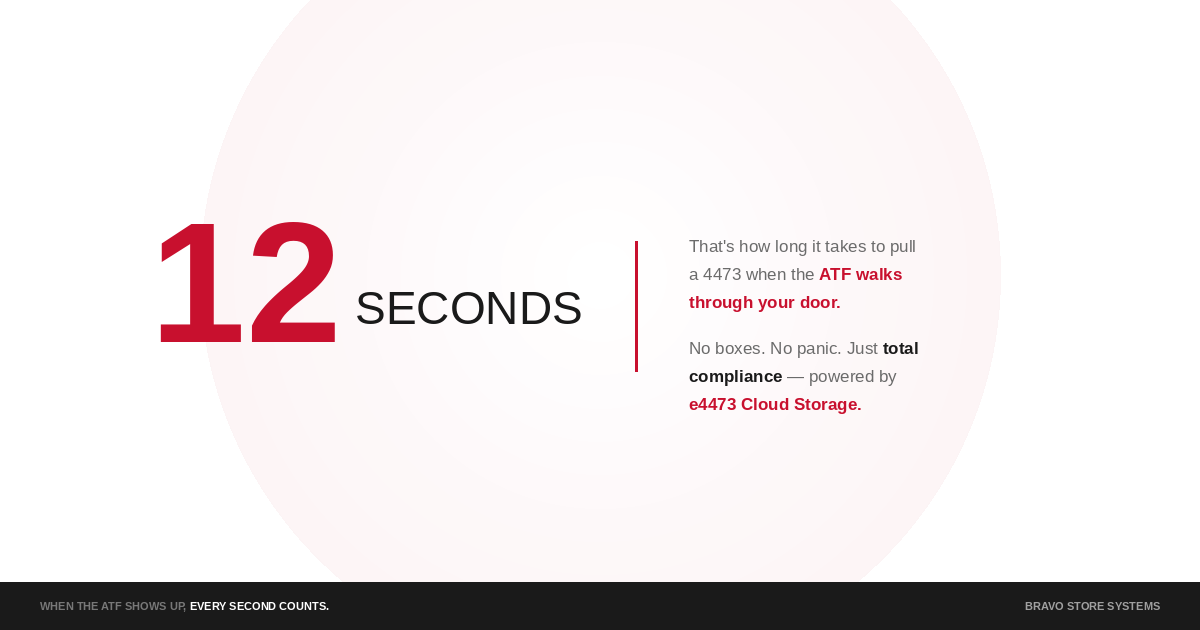What Does a NICS Background Check Show?
A NICS background check, short for the National Instant Criminal Background Check System, is a critical step in the firearm purchasing process in the United States. It's designed to prevent prohibited persons, such as felons or individuals with certain mental health conditions, from acquiring firearms.
What Information Does NICS Check?
When you purchase a firearm from a licensed dealer, they are required to submit your information to the NICS system. This information typically includes:
- Personal Information: Your full name, date of birth, and Social Security number.
- Criminal History: NICS checks federal and state criminal records to determine if you have any felony convictions or certain misdemeanor convictions that would disqualify you from purchasing a firearm.
- Mental Health Records: NICS also checks mental health records to identify individuals who have been involuntarily committed to a mental institution or have been adjudicated as mentally defective.
- Domestic Violence Records: NICS checks for domestic violence convictions or restraining orders.
What Are the Possible Results of a NICS Background Check?
There are three main possible outcomes of a NICS background check:
- Proceed: This means that the background check has been completed, and there are no disqualifying factors. The dealer can then proceed with the sale of the firearm.
- Deny: If the background check reveals disqualifying factors, such as a felony conviction or a history of domestic violence, the sale of the firearm is denied.
- Delay: In some cases, the NICS system may be unable to make a determination within a reasonable timeframe. This could be due to technical difficulties, incomplete records, or other factors. In such cases, the dealer may be allowed to proceed with the sale after a certain delay period, typically three business days.
Important Considerations:
- State-Specific Laws: While the NICS system is a federal system, states may have additional laws and regulations that can affect the outcome of a background check.
- Privacy Concerns: Information obtained through NICS background checks is protected by privacy laws.
- False Positives: It's important to note that errors can occur in the NICS system, leading to false positives. If you believe that a background check error has prevented you from purchasing a firearm, you can appeal the decision.
A NICS background check is a crucial step in ensuring that firearms are not sold to individuals who are prohibited from possessing them. By understanding the information checked and the potential outcomes, you can navigate the firearm purchasing process with confidence. If you have any concerns or questions about the NICS system or your rights as a firearm owner, it's advisable to consult with an attorney or a licensed firearms dealer.
What Does a NICS Background Check Show?
Understanding the NICS Background Check
The National Instant Criminal Background Check System (NICS) is a federal system used by federally licensed firearms dealers to determine whether a prospective buyer is eligible to purchase a firearm. The NICS system checks a variety of databases, including:
- Federal Bureau of Investigation (FBI) Criminal Records: This includes criminal convictions, arrests, and other relevant criminal history information.
- Drug Enforcement Administration (DEA) Controlled Substances Act: This checks for drug-related offenses that could disqualify a buyer.
- Department of Justice's Bureau of Alcohol, Tobacco, Firearms, and Explosives (ATF) Records: This includes information on individuals prohibited from possessing firearms due to domestic violence convictions, mental health issues, or other factors.
- State and Local Law Enforcement Records: This includes state and local criminal records, as well as information on individuals who have been involuntarily committed to mental health institutions.
What Information is Checked in a NICS Background Check?
When a federally licensed firearms dealer initiates a NICS background check, they must provide the following information about the buyer:
- Full Name: This includes the buyer's legal name, as well as any aliases or nicknames.
- Date of Birth: This is used to verify the buyer's age and to check for any disqualifying factors.
- Social Security Number (SSN): The SSN is used to cross-reference information from various databases.
- Driver's License or State-Issued ID Number: This is used to verify the buyer's identity and address.
What Happens After a NICS Background Check?
Once the dealer submits the required information to the NICS system, they will receive one of three responses:
- Proceed: This indicates that the buyer is eligible to purchase a firearm.
- Deny: This indicates that the buyer is prohibited from purchasing a firearm due to a criminal record, mental health issue, or other disqualifying factor.
- Delay: This indicates that the NICS system needs more time to process the background check. Delays can occur for a variety of reasons, such as incomplete information or a complex background.
Important Note:
It is important to note that a NICS background check is not a perfect system. Errors can occur, and sometimes prohibited individuals may slip through the cracks. It is also important to be aware that state and local laws may impose additional restrictions on firearm purchases, even if a buyer passes a NICS background check.
A NICS background check is a crucial tool for preventing gun violence and ensuring public safety. However, it is important to understand its limitations and to be aware of the factors that can impact the outcome of a background check. If you have any questions or concerns about the NICS system, it is best to consult with a legal professional or a licensed firearms dealer.









.jpg)








